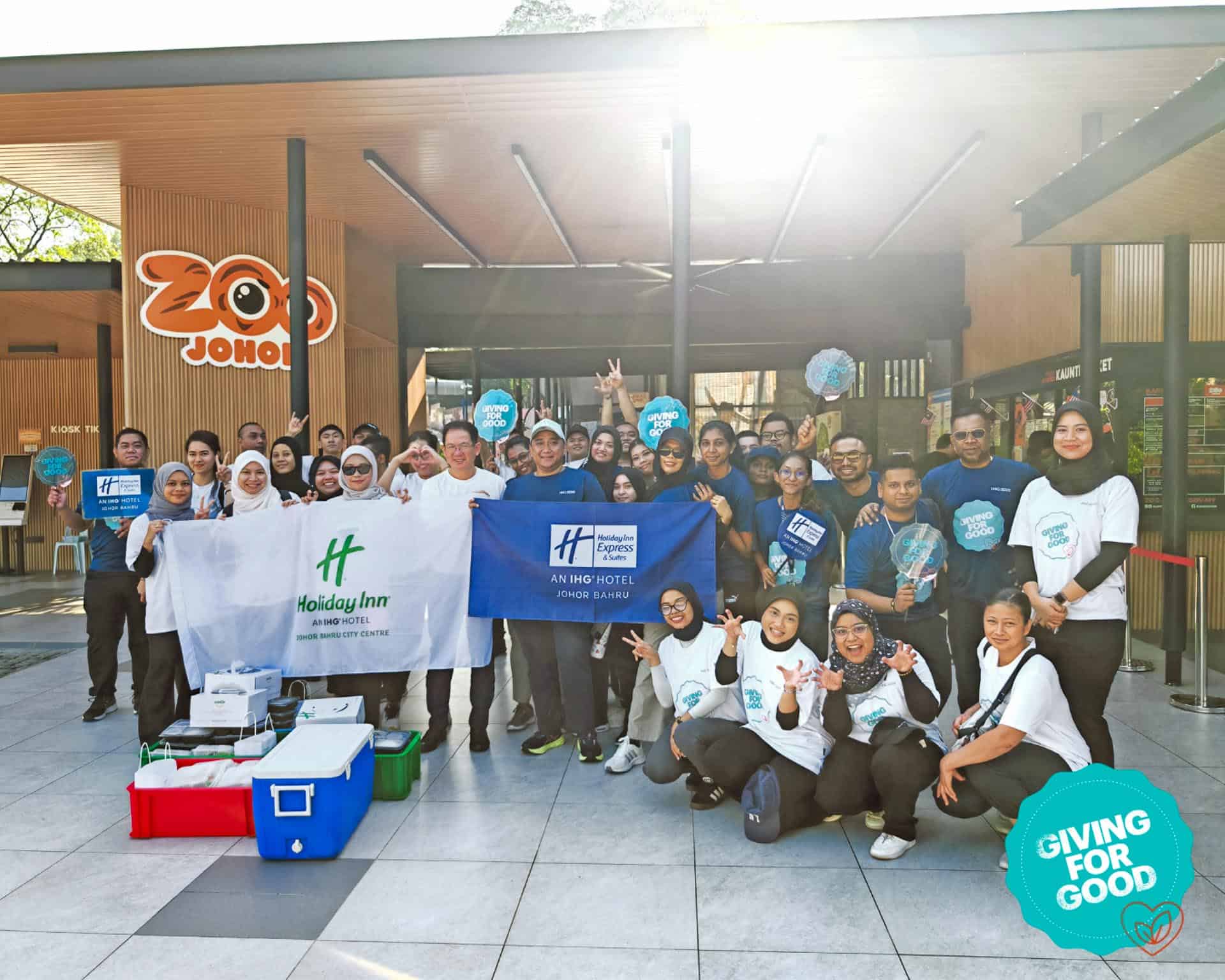
Following the introduction of restrictions around the world due to the COVID-19 threat, people’s usual online behavior has changed, not only among adults, but also among children. According to the latest data from Kaspersky, kids in Malaysia have paid less attention to computer games in recent months, especially when compared to the period before the pandemic began.
Statistics from the global cybersecurity company showed that majority of the children in Malaysia spent most of their time online from March, April and May on software, audio and video websites to search for files, which could be related to digital or e-learning during the Movement Control Order (MCO).
| Malaysia | March | April | May |
| Software, audio, video[1] | 50.75% | 47.40% | 50.69% |
| Internet communication media [2] | 20.33% | 24.99% | 18.83% |
| Computer games[3] | 16.01% | 15.64% | 17.86% |
Note: Kaspersky Safe Kids scans the contents of a webpage the kid is trying to access, if the site falls into one of the undesirable categories, it will send alerts to Kaspersky Security Network. No users’ personal information is transmitted neither is privacy compromised.
Software, audio, video category includes websites for downloading certain types of files.

The MCO has kept the children to continue their education from home, done by attending online classes using the laptops, tablets, or mobile phones. Declining interest in games can be explained by the increased need of having to focus on other activities such as digital learning and online messaging related to the same cause during these periods of learning from home.
“Most parents, together with their kids, would have spent a lot of time searching for learning materials online during the MCO. It is, however, important to remember that as we spend longer time online, the risks of cyber threats would be higher. The MCO in Malaysia gave an unprecedented learning opportunities for the kids in the digital era, and provided a good platform for the parents to be more aware of cybersecurity, which is beyond just installing an internet security application on their devices,” says Yeo Siang Tiong, General Manager for Southeast Asia at Kaspersky.
Cybersecurity Malaysia reported a spike of 82.5% cybersecurity cases during MCO period, with most cases involved fraud, intrusion and cyber harassment or cyber stalking[4].
“One of our previous reports[5] revealed that parents fear for their children’s online safety but are not putting time to talk about it. Majority of them also agreed that they have, at least, partial responsibility for teaching their kids about internet safety. As most moms and dads are still working from home, we advise them to spend more time with their kids discussing how to move around the web safely, and to also improve their own awareness in terms of cybersecurity threats so that they can protect their kids better,” adds Yeo.
To ensure your child has positive digital learning during the pandemic, Kaspersky has the following recommendations:
[1] Websites for downloading certain types of files
[2] Websites that provide online chats, forums, bulletin board, social networks, webmail
[3] Computergames of various genres
[4] Cybersecurity cases rise by 82.5%, https://www.thestar.com.my/news/focus/2020/04/12/cybersecurity-cases-rise-by-825
[5] Kaspersky’s Family Campaign Report, https://media.kasperskydaily.com/wp-content/uploads/sites/92/2019/09/12065947/family-campaign-report-final.pdf
